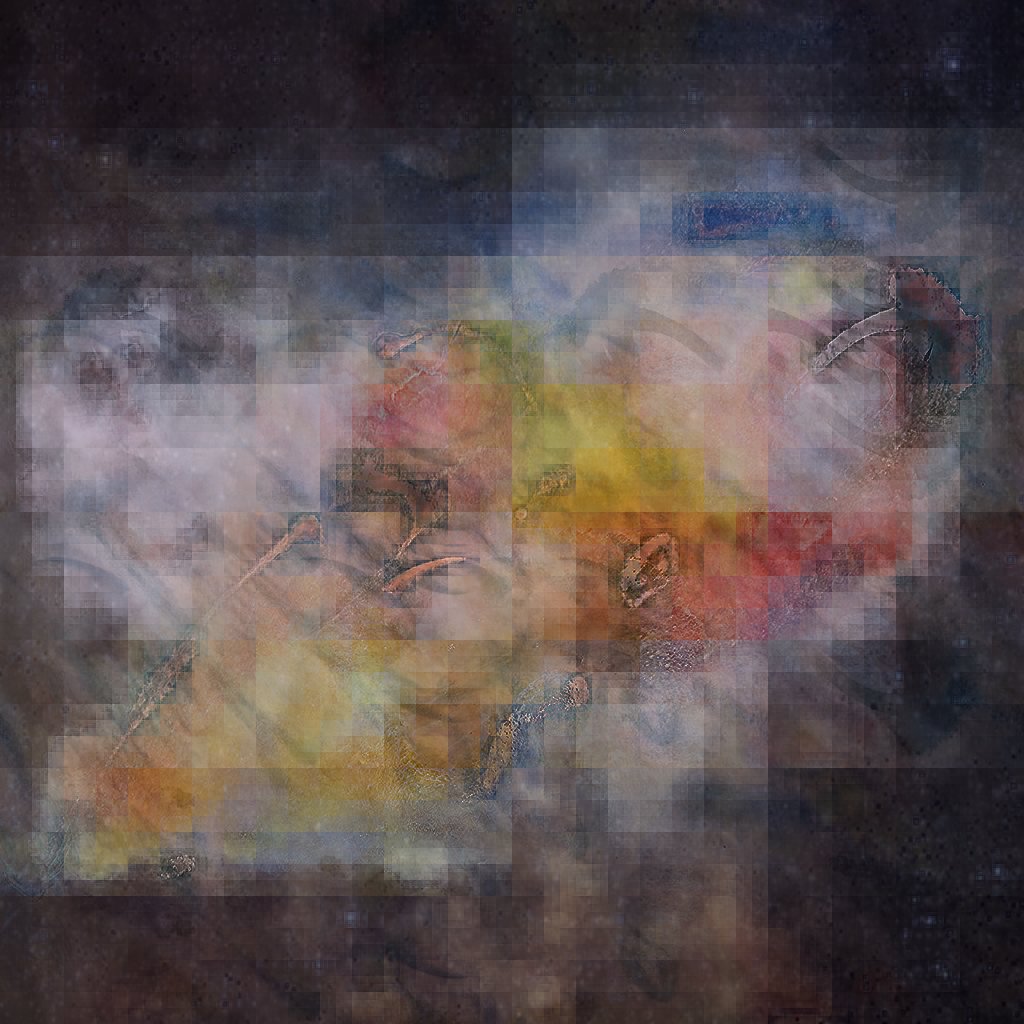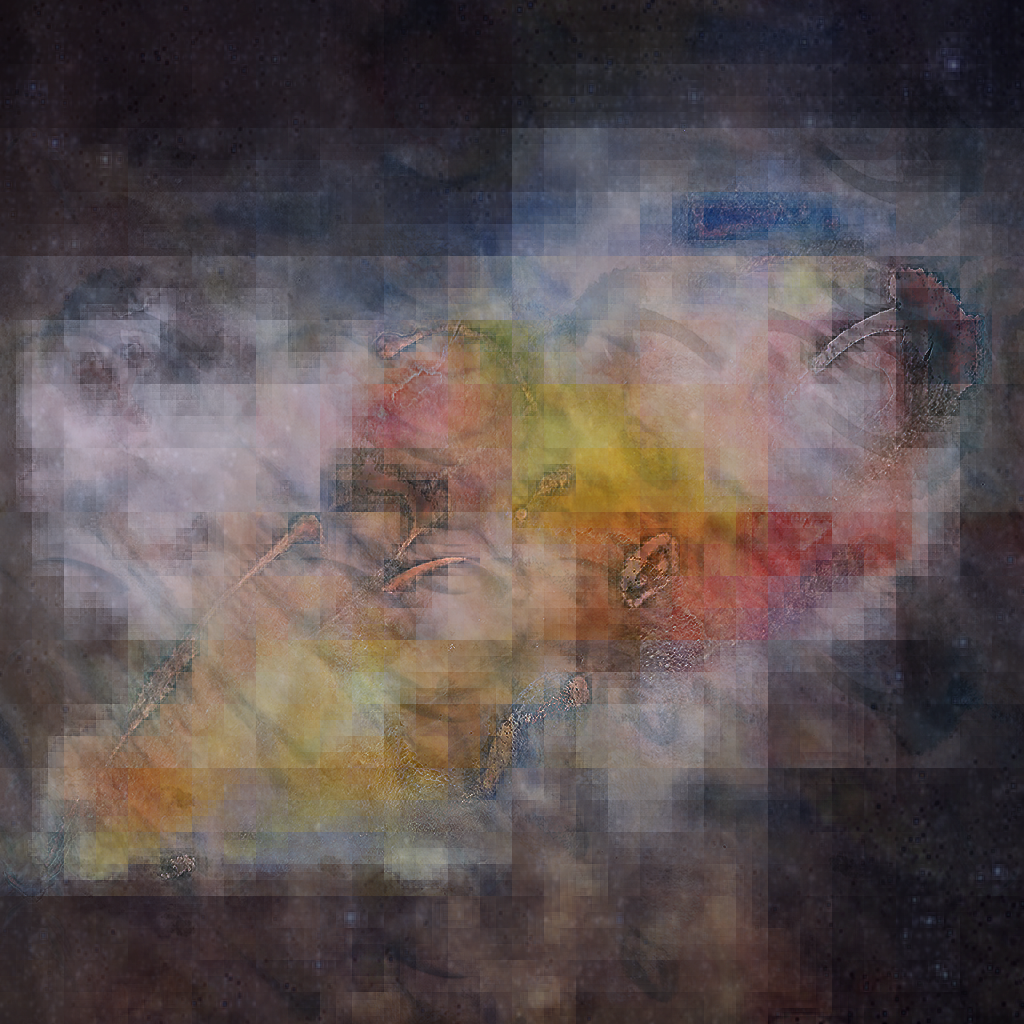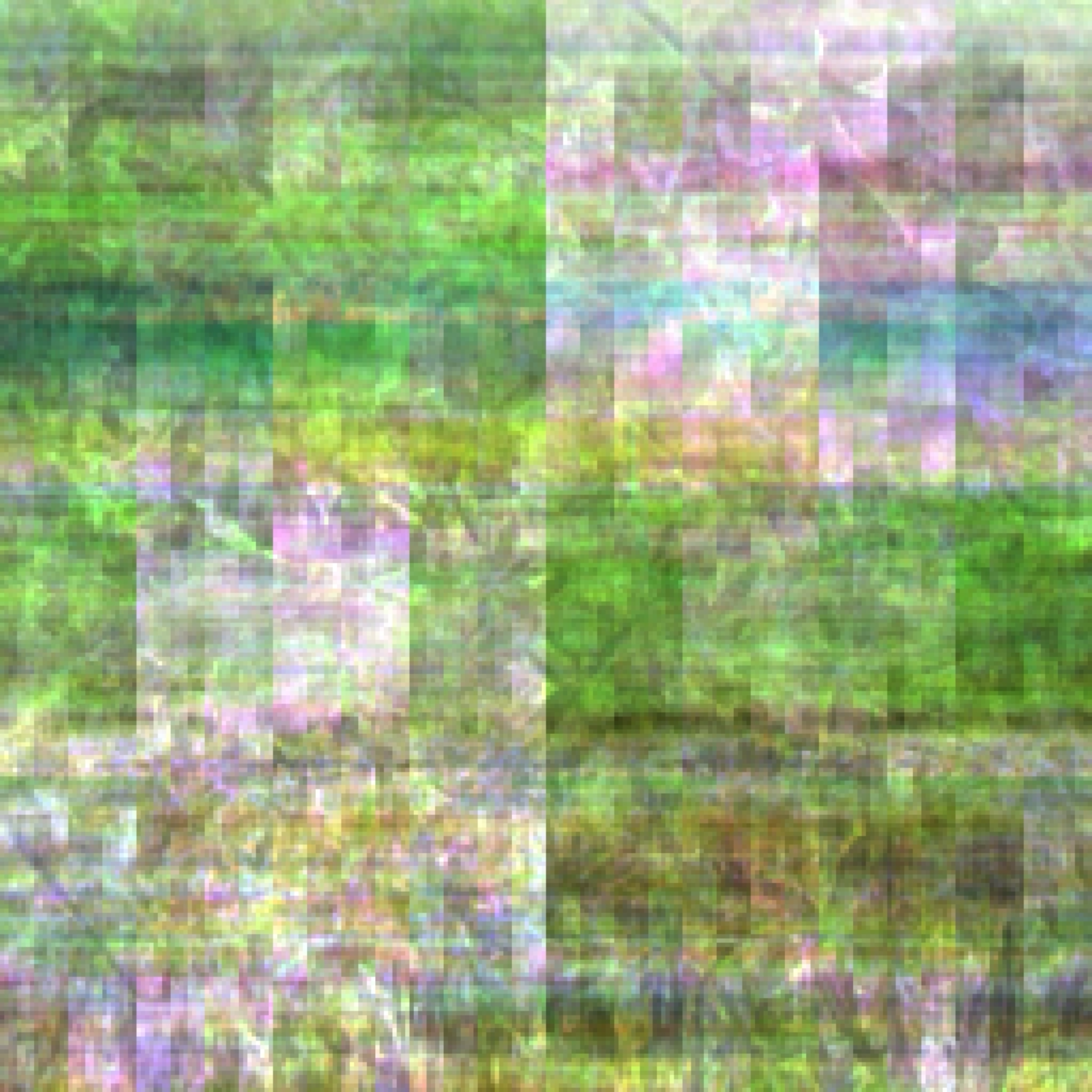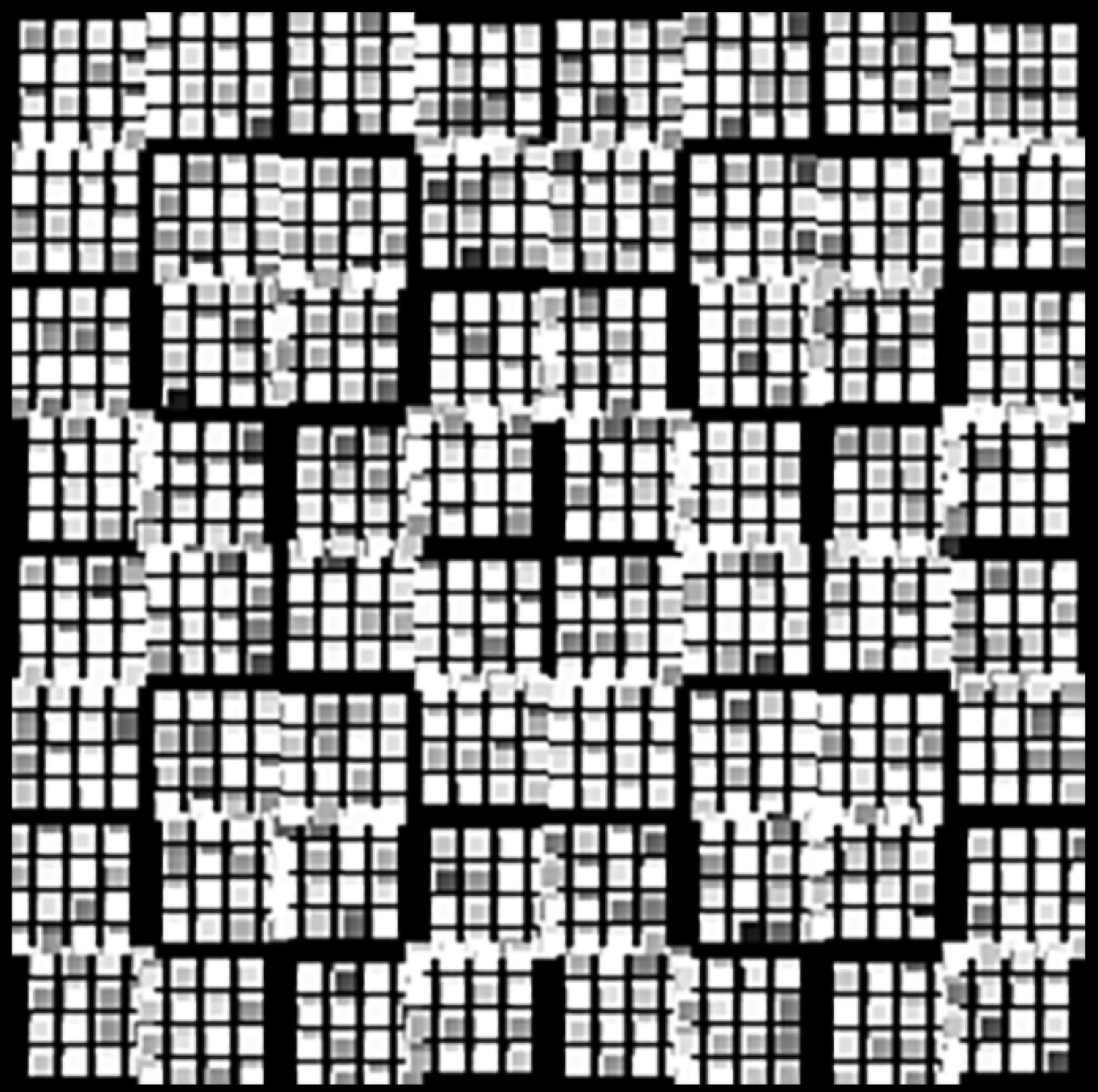Cephalopod Alien (Quantum Computing Study), 2019-21
Single Channel Videos, No Sound
Courtesy of Gazelli Art House Ltd.
Copyright The Artist
About The Artwork
This series of three studies are regarded as the first artistic experiments with quantum computing (e.g. Cephalopod Aliens, 2019, was described as pioneering in Right Click Save). In each work, Heaney has written code for IBM's quantum computers and used data from the resulting quantum physical phenomena to deconstruct and make plural images; to blur images together in a particular symbiosis not possible through Newtonian physics and to uncover the first native images from within quantum entanglement itself.
These experiments may be seen as the quantum analogue of early digital computer art.
About Libby Heaney
Libby Heaney is an award winning artist and quantum physicist, who has held solo exhibitions at venues including arebyte Gallery London and Light Art Space Berlin named by Weltkunst as one of the best exhibitions of March 2022 alongside Louise Bourgeois and Jenny Holzer.
Heaney is considered to be the first artist to use quantum computing as a functioning artist medium and her notable quantum artwork Ent- has won the Lumen Prize and the Falling Walls Art-Science Prize, 2022. Other solo and group exhibitions and performances in 2022 include Calder and the 21st Century, Nahmad Contemporary, NYC; a month long public screening, Gwanghwamun Square, Seoul; Biomedia, ZKM, Karlsruhe; Quantum Hivemind, Serpentine, London; and CASCADE, Southbank Centre, London. Heaney was awarded the 2022 Mozilla Foundation Creative Media Award, has been the recipient of numerous Arts Council England grants and is in major private collections including Zabludowicz Collection, London. She is currently a resident artist of Somerset House Studios, London.
Before retraining as an artist at Central St. Martins, London, Heaney completed a PhD in Quantum Information Science at the University of Leeds and led her own research at the University of Oxford, publishing around 20 papers on the topic of quantum entanglement. She won the HSBC and Institute of Physics, UK, Very Early Career Woman Physicist of the year in 2008.









